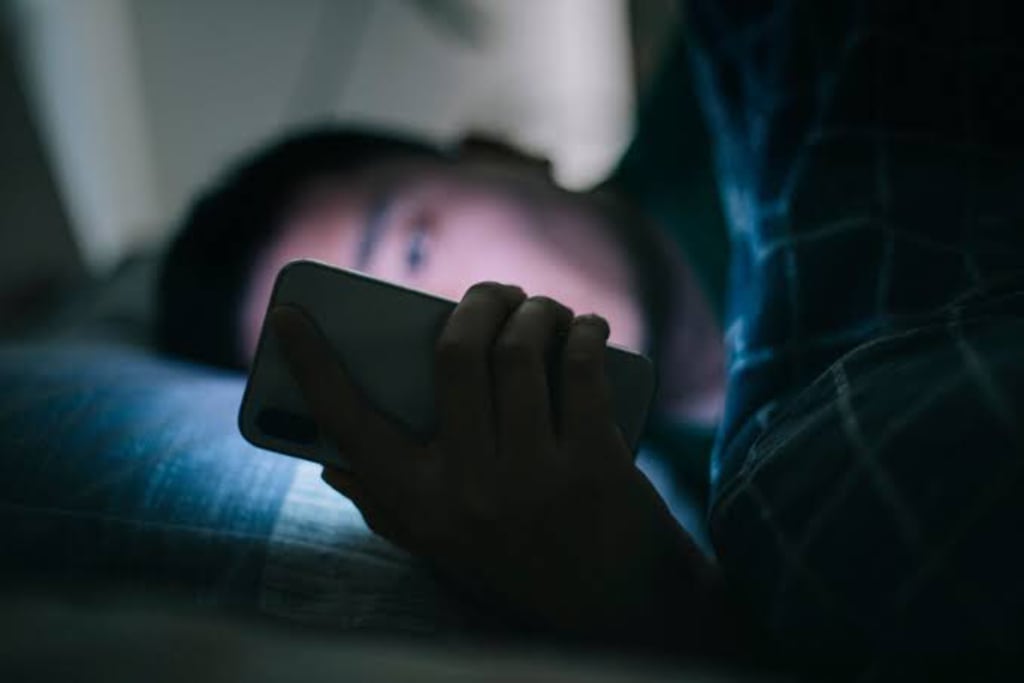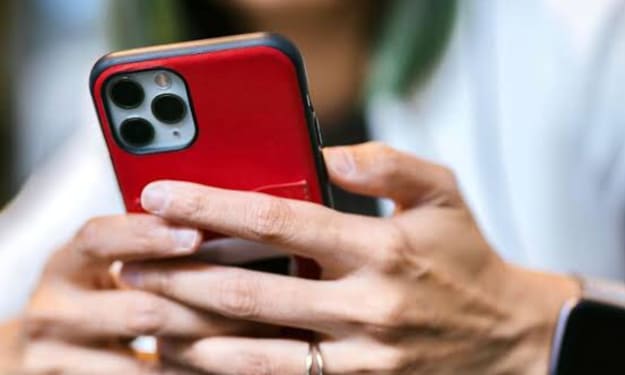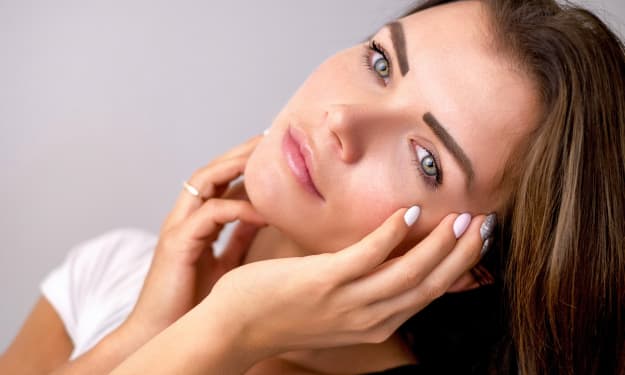The Impact Of Screen On Your Sleep,, Understanding The Effects
English

You've likely heard that using screens before bed is a no-no when it comes to sleep science. But let's be real, many of us ignore this advice - including sleep experts themselves! Rohan Nagare, a sleep researcher who has co-authored several papers on the topic, admits to using his phone before bed to quickly check his calendar and email, limiting his screen time to under 30 minutes. As someone who also uses their phone before bed, I spoke with Nagare to explore whether there's a way to continue using our phones at night without completely disrupting our sleep schedules. Interestingly, science suggests that our sleep schedules are more flexible than we think."
"Before we delve into the science, let's briefly review how our bodies respond to natural light, like sunlight, and its absence. You may have noticed that as night falls, you naturally begin to feel drowsy. This is due to the production of melatonin, a hormone that plays a crucial role in regulating sleep. Melatonin acts as an internal clock, synchronizing our bodily rhythms with the 24-hour day-night cycle. As the sun rises and we're exposed to its bright light, our bodies suppress melatonin production, helping us feel alert and awake. However, sunlight is not the only factor influencing this process."
"The color temperature of light undergoes a natural shift throughout the day, with daylight hovering around 5600 Kelvin, which has a blueish hue. In contrast, sunsets have a warmer tone, around 3000 Kelvin. This natural transition, combined with the decreasing brightness, signals our bodies to initiate melatonin production, making us feel sleepy. Natural light has a straightforward effect on our bodies. However, introducing artificial light into the mix complicates things, especially when we're exposed to screens all night. Phone screens, in particular, emit light with a color temperature of 5600 Kelvin, equivalent to daylight. This is why using your phone before bed is often discouraged, as the artificial blue light suppresses melatonin production, disrupting our natural sleep-wake cycle."
"disrupting our natural sleepiness. You may be wondering, don't phones have a built-in feature to counteract this blue light effect? Indeed, they do - it's called Night Mode or Night Shift. But does it really work? In 2019, Rohan co-authored a study that investigated this question. The idea behind Night Mode is clever - it aims to manipulate the lighting spectrum to reduce its impact on our circadian rhythms. The study examined two modes: Warm Shift High CCT, which intensely shifted screen colors to the warmer end of the spectrum, and Low CCT, which made a slight warm shift. Surprisingly, both modes still suppressed melatonin, the hormone that induces sleepiness, and the results showed no significant difference between the two."
"While it may seem like Night Shift is ineffective, the reality is more complex. Spectrum is just one factor; duration, timing, and amount of exposure also play a crucial role. If you're using your phone for a short period, say 20-30 minutes, there's little cause for concern. However, extended usage, such as watching a movie or binge-watching multiple episodes of a show every night, can accumulate a significant circadian dose, potentially disrupting your sleep patterns daily. Rohan's point is that limiting your phone use can also make a difference, and Night Shift is just one part of the solution. When we use our phones..."
"When we gaze directly at a light source, the amount of light that reaches our eyes (measured in lux) is significantly affected by our proximity to the device. In fact, a light source that's twice as close appears four times more intense! If the light reaching your eyes exceeds 1000 lux, it doesn't matter whether it's warm or cool - it's already overwhelming your circadian system. We know that reducing screen time, shifting colors to warmer tones, and lowering brightness all help. But Rohan shared a fascinating biological hack with me that can greatly mitigate the impact of late-night screen time."
"What you're aiming for is a significant contrast between the amount of light you're exposed to immediately after waking up (for an hour or two) and the amount of light you're exposed to immediately before sleep (1-2 hours). You can essentially trick your circadian system by compensating for the extra evening light (e.g., increasing screen brightness from 50 lux to 200 lux) with a much brighter morning exposure (e.g., 800 lux). This is the beauty of your circadian system - you can use its own mechanisms to your advantage. In essence, taking a sunny morning walk can potentially offset the circadian disruption caused by your phone use in the evening."
"Beyond body hacks, my research revealed that numerous factors affect our sleep, extending far beyond just the blue light emitted by our phones. In fact, we've only scratched the surface of these factors. For instance, our phone activities, such as doom-scrolling or watching a thrilling movie, can be just as stimulating and disruptive to our sleep as the amount of light we're exposed to. Ultimately, cultivating a healthier relationship with our devices is a crucial step towards developing a healthy relationship with sleep itself."
About the Creator
Ken Clepper
Versatile wordsmith and history buff: poet, author, essayist, and enthusiast of the past."
Enjoyed the story? Support the Creator.
Subscribe for free to receive all their stories in your feed. You could also pledge your support or give them a one-off tip, letting them know you appreciate their work.






Comments
There are no comments for this story
Be the first to respond and start the conversation.